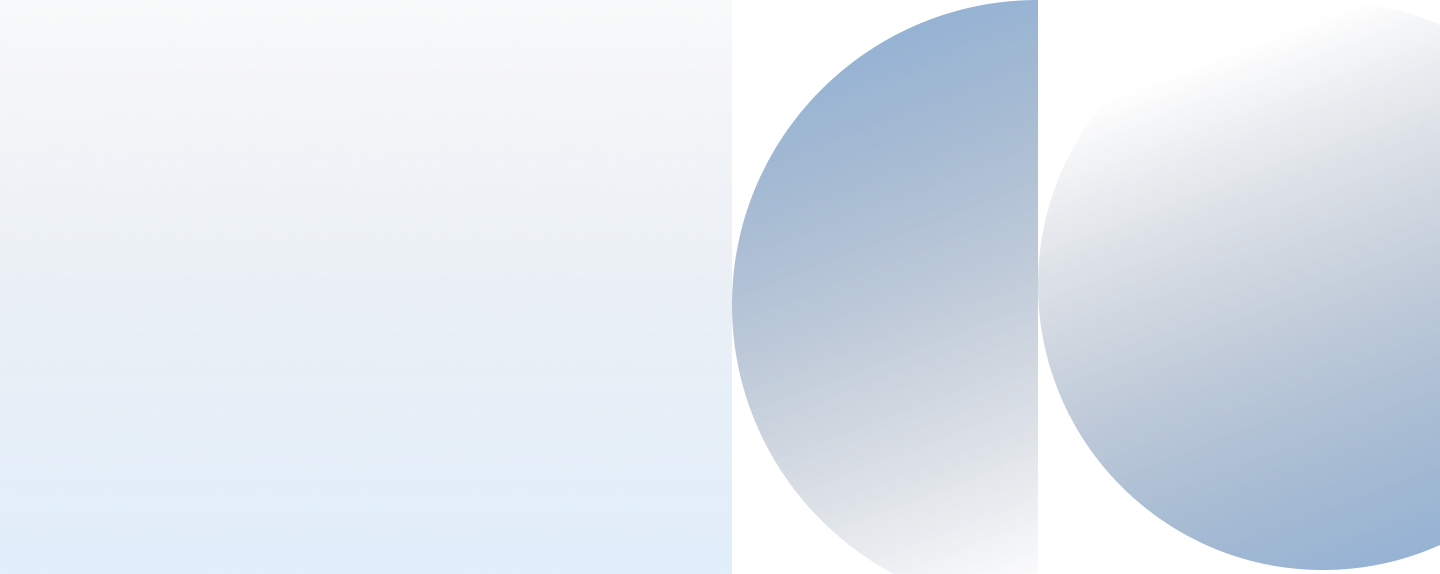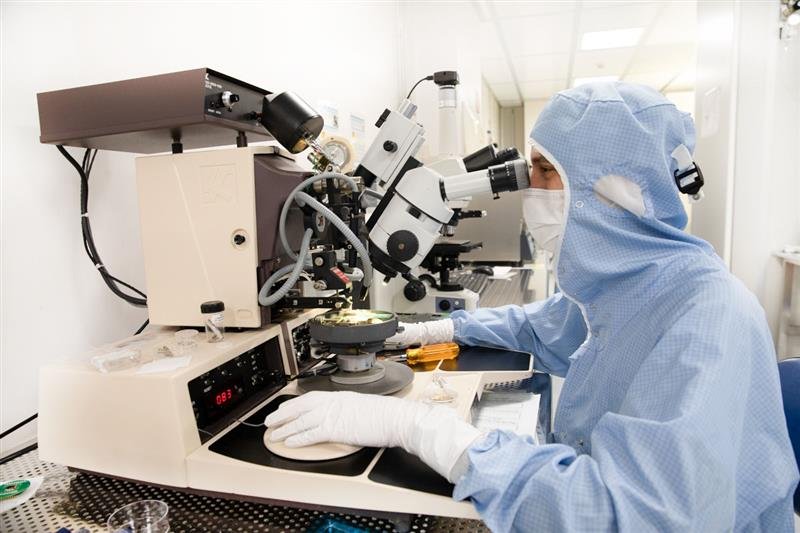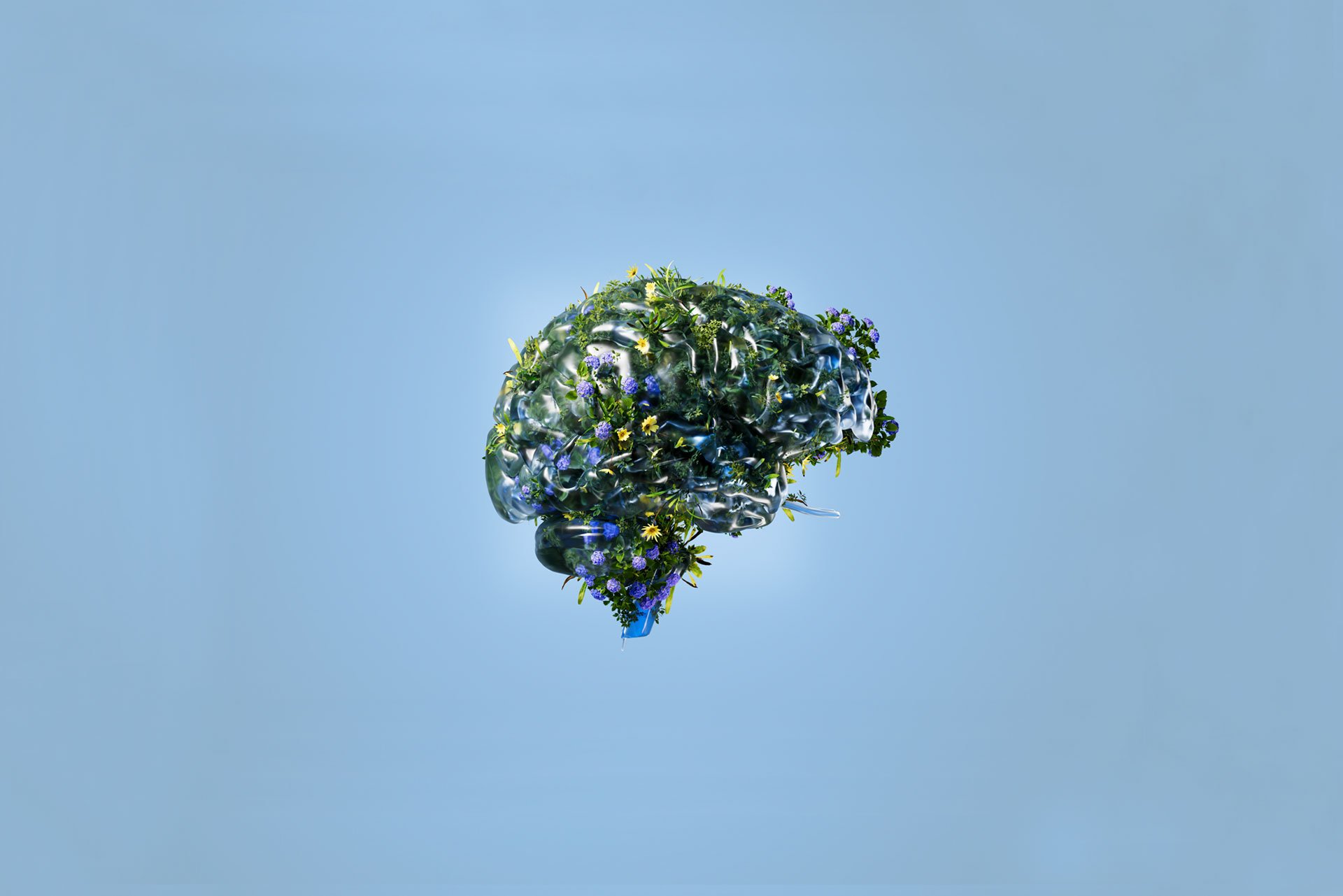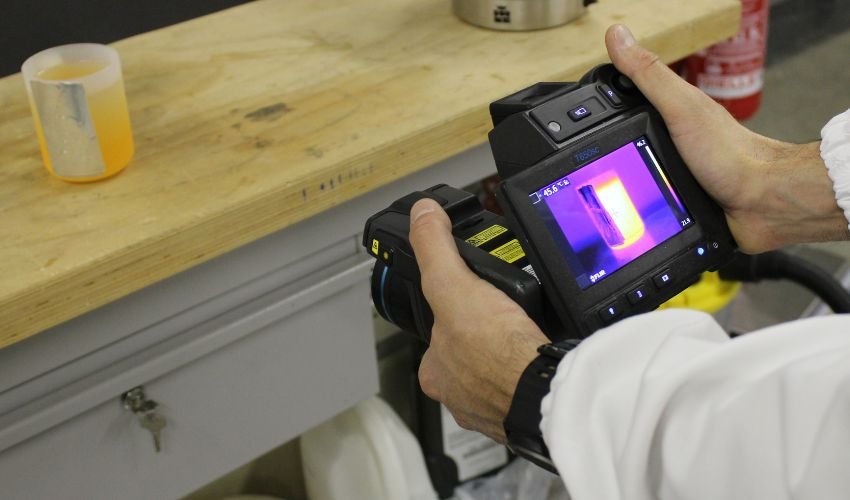
Eligibility
A Bachelor Degree in a related field. Preference to graduates in Computer Science and Engineering and in Information and Communications Technology.
Mission and goals
The postgraduate programme in "Music and Acoustic Engineering" forms experts and designers who are able to face consolidated as well as emerging technological challenges in the audio, music and acoustics areas:
- audio: acquisition/capturing, processing, analysis, synthesis, reconstruction/rendering, classification, storage, organization, representation and publishing;
- acoustics: analysis; control; characterization; improvement, optimization and design of musical instruments, of listening environments and vibrational systems in general.
- music: analysis; classification; annotation; transcription; organization; modeling and representation; visualization; assistance to composition, orchestration, arrangement and production.
In order to do so, students learn to make synergistic use of a multi-disciplinary knowledge ranging from computer science to telecommunications, from computational acoustics to numerical modeling/analysis, from electroacoustics to vibrational and room acoustics.
Subjects
The M.Sc. offers two tracks:
- Acoustic Engineering: emphasis on vibrating and resonant systems
- Music Engineering: emphasis on audio and musical information
Mandatory courses
Area Audio and Acoustic Signal Processing
MultiMedial Signal Processing, Digital Audio Analysis and Processing, Sound Synthesis and Spatial Processing, Computer Music: Representations and Models, Computer Music: Languages and Systems.
Area Electronics and Electroacoustics
Electronics for Sound Engineering, Electroacousitics for Sound Engineering.
Area Creative Computing
Advanced coding tools and methodologies, Creative programming and computing, Music Production Technologies.
Area Computational Acoustics
Fundamentals of Acoustics, Numerical Modelling and Simulation of Acoustics, Fundamentals of Vibration Analysis and Vibroacoustics, Musical Acoustics, Room Acoustics.
Career opportunities
"Music and Acoustic Engineering" is an offshoot of Computer Science and Engineering, and its graduates can count on a wide availability of well-payed positions, which is typical of this sector. Its graduates, however, can capitalize on their strong background in computer science as well as in signal processing and acoustics, which creates opportunities in the areas of musical acoustics, environment acoustics and electroacoustics, depending on the choice of “affine” and complementary courses of their study plan.
The "Acoustic Engineering" track gives the student the opportunity to gather expertise in the design and production of musical instruments (acoustic, electronic, and digital); high-end loudspeakers and transducers; P.A. systems and audio amplification/diffusion systems, which are all areas of international interest, where Italy has a strong and long-standing tradition. Another sector where Italy excels is that of microelectronics, especially as far as audio MEMS devices and other types of vibro-acoustic sensors are concerned. Other work opportunities are in the area of acoustic surveys and design of listening environments. The number of positions in this area is growing, especially in the public sector, which is particularly interested in dealing with acoustic pollution and in improving the acoustic comfort. There is also a number of companies that do not specifically operate in the audio or acoustic area, but are still interested in studying, designing and monitoring the amount and the quality of noise emissions (e.g. the timbral qualities of the noise produced by domestic appliances or by cars), or the acoustic comfort and the acoustic design of acoustic signals (e.g. in elevators, or in car interiors), or the noise level of devices and systems (e.g. fan noise in computers, rolling noise of car tires, etc.).
The "Music Engineering" track, focuses on building a strong background in computer science and in signal processing, which paves the way toward engineering jobs in all the areas concerning creation, analysis, organization, managing and rendering of audio and of multimedia content. The most representative companies in this area are music production labels and music distributors, radio and TV broadcasting companies (both national and private), advertising agencies, and the companies that offer audio and audio-video streaming services. Particularly interesting is also the sector focusing on audience intelligence, or on advertisement monitoring (both over radio and TV broadcasts, and over social media) for automated user profiling as well as content personalization.
Many are the companies, particularly international corporations, which address the audio consumer market. In these companies Music Engineers can play a relevant role, thanks to their strong background in signal processing algorithms. This expertise is also very attractive for companies in the area of microelectronics and MEMS for audio consumer applications.
EMPLOYMENT STATISTICS
Since this is a new program, no employment statistics are available yet. However, the programme is affine to Computer Science and Engineering and, as such, it inherits the employability benefits of this area. According to official data collected by ISTAT (the Italian National Institute of Statistics), of all graduates of postgraduate Programs in Italy, Information Engineers find a suitable job in the shortest time (within 6 months of graduation as national average, and within 2 months for graduates of the Politecnico di Milano).
#ASKASTUDENT
Know more about the programme through a current student’s experience. Book your online one-to-one meeting through #Askastudent – Our voice for your choice project.
More info
Watch this video to know more about this programme.
Browse the programme website
Know more about the Tracks and courses and the Programme description
School
Industrial and Information Engineering





